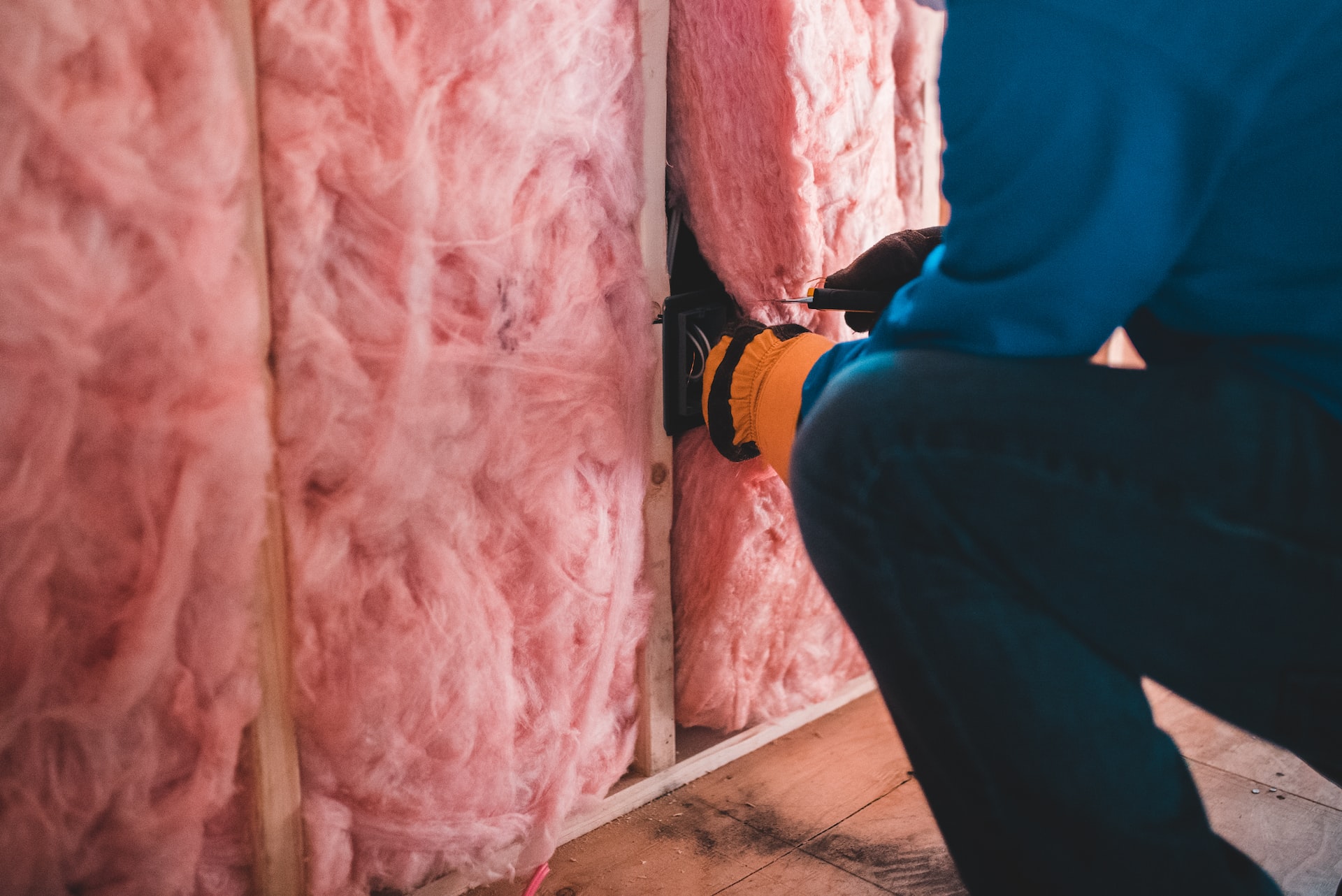Last Updated on: 13th February 2024, 09:10 am
Within the constantly changing realm of property investment in the UK, a crucial choice that investors confront is deciding between urban and rural property development, especially if you’re considering Birmingham property investment. This decision is particularly relevant in diverse markets like the UK, where cities like Birmingham offer a contrast between bustling urban settings and serene rural outskirts. Additionally, this choice is not just about location but also involves weighing the different economic potentials, growth rates, and demographic trends associated with urban versus rural areas.
Urban Property Development: The City’s Core:
Investing in urban property, particularly in big cities such as Birmingham, consistently attracts investors. The attraction stems from the strong demand for residential and commercial properties in urban areas. Properties in these areas tend to generate substantial rental income, owing to their close access to facilities, job prospects, and transport connections.
A bright future is presented by the city’s ongoing development initiatives and economic expansion. Birmingham’s urban assets include mixed-use and commercial buildings in addition to residential ones, which can help diversify an investment portfolio.
But purchasing property in cities has its drawbacks as well. The cost of purchasing property in city centres is typically greater and there is fierce competition. Moreover, metropolitan properties are more vulnerable to economic swings, which can change both the value and rental income you receive from them.
Rural Property Development: Serenity and Space:
On the other side of the spectrum lies rural property development. Investing in rural areas means tapping into a market that often offers more space and natural surroundings. The appeal of rural properties lies in their potential for larger plots, scenic views, and a quieter lifestyle.
The rural fringes offer a distinct kind of opportunity for Birmingham’s investment. Residential constructions aimed at those seeking a peaceful environment apart from the hectic pace of the metropolis are best suited for these places. Because land costs are lower in rural areas, larger land area investments are feasible.
However, rural property development has its drawbacks. The primary concern is the lower demand compared to urban areas, which can affect both the rental market and resale values. Additionally, rural areas may lack the amenities and transport links that many tenants and buyers seek.
Factors to Consider:
Before deciding between urban and rural property development, there are multiple factors to consider. These include:
Market Demand: Understanding the market demand in both urban and rural areas is crucial. Investment in Birmingham, for example, requires knowledge of both city dynamics and the preferences of those living in or moving to the outskirts.
Investment Goals: Choosing where to invest is heavily influenced by the goals you have for your money. While rural homes may be better for long-term money growth, city properties are typically preferable for individuals seeking consistent rental income.
Budget Limits: City properties, like those in Birmingham, often cost more than those in the countryside. Check your budget and compare how much you might earn back from investing in both city and rural properties.
Development Potential: Consider the potential for future development. Urban areas might offer redevelopment opportunities, while rural areas could allow for new builds or land development.
Conclusion:
Choosing between city and countryside property development isn’t easy and depends on your investment plan and goals. When thinking about investing in Birmingham, you need to consider both the lively city market and the promising areas around it. City development brings the buzz and high demand for urban living, but it’s pricier and more competitive. However, although it may not be as common, rural development gives greater room and a tranquil environment. Your investment decision must be in line with your financial objectives, desires, and market knowledge. Remember that the keys to successful property investing are doing extensive research and having a clear understanding of your long-term objectives.






